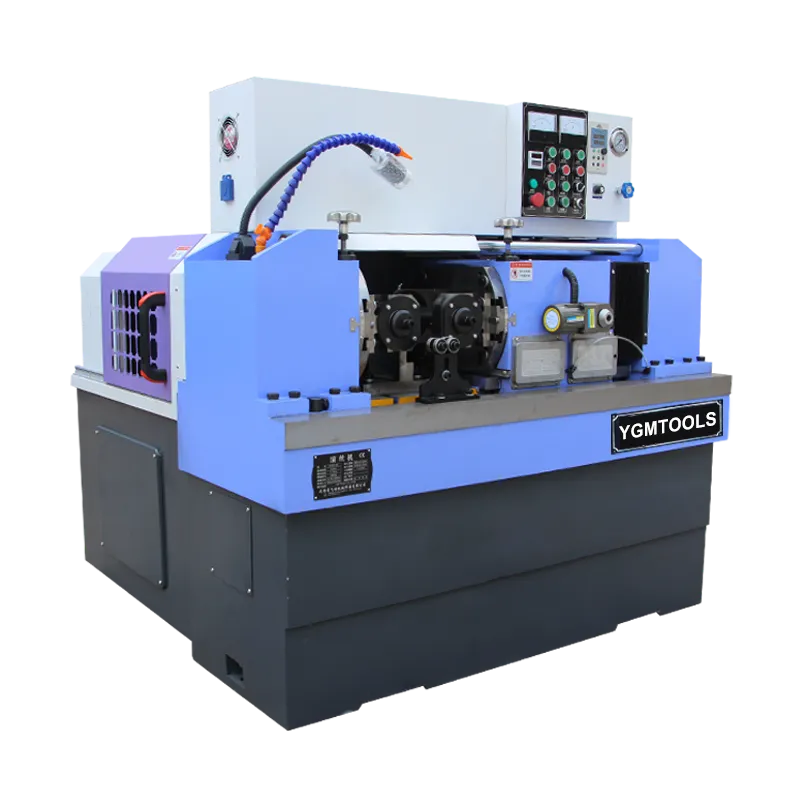
-
 Afrikaans
Afrikaans -
 Albanian
Albanian -
 Amharic
Amharic -
 Arabic
Arabic -
 Armenian
Armenian -
 Azerbaijani
Azerbaijani -
 Basque
Basque -
 Belarusian
Belarusian -
 Bengali
Bengali -
 Bosnian
Bosnian -
 Bulgarian
Bulgarian -
 Catalan
Catalan -
 Cebuano
Cebuano -
 Corsican
Corsican -
 Croatian
Croatian -
 Czech
Czech -
 Danish
Danish -
 Dutch
Dutch -
 English
English -
 Esperanto
Esperanto -
 Estonian
Estonian -
 Finnish
Finnish -
 French
French -
 Frisian
Frisian -
 Galician
Galician -
 Georgian
Georgian -
 German
German -
 Greek
Greek -
 Gujarati
Gujarati -
 Haitian Creole
Haitian Creole -
 hausa
hausa -
 hawaiian
hawaiian -
 Hebrew
Hebrew -
 Hindi
Hindi -
 Miao
Miao -
 Hungarian
Hungarian -
 Icelandic
Icelandic -
 igbo
igbo -
 Indonesian
Indonesian -
 irish
irish -
 Italian
Italian -
 Japanese
Japanese -
 Javanese
Javanese -
 Kannada
Kannada -
 kazakh
kazakh -
 Khmer
Khmer -
 Rwandese
Rwandese -
 Korean
Korean -
 Kurdish
Kurdish -
 Kyrgyz
Kyrgyz -
 Lao
Lao -
 Latin
Latin -
 Latvian
Latvian -
 Lithuanian
Lithuanian -
 Luxembourgish
Luxembourgish -
 Macedonian
Macedonian -
 Malgashi
Malgashi -
 Malay
Malay -
 Malayalam
Malayalam -
 Maltese
Maltese -
 Maori
Maori -
 Marathi
Marathi -
 Mongolian
Mongolian -
 Myanmar
Myanmar -
 Nepali
Nepali -
 Norwegian
Norwegian -
 Norwegian
Norwegian -
 Occitan
Occitan -
 Pashto
Pashto -
 Persian
Persian -
 Polish
Polish -
 Portuguese
Portuguese -
 Punjabi
Punjabi -
 Romanian
Romanian -
 Russian
Russian -
 Samoan
Samoan -
 Scottish Gaelic
Scottish Gaelic -
 Serbian
Serbian -
 Sesotho
Sesotho -
 Shona
Shona -
 Sindhi
Sindhi -
 Sinhala
Sinhala -
 Slovak
Slovak -
 Slovenian
Slovenian -
 Somali
Somali -
 Spanish
Spanish -
 Sundanese
Sundanese -
 Swahili
Swahili -
 Swedish
Swedish -
 Tagalog
Tagalog -
 Tajik
Tajik -
 Tamil
Tamil -
 Tatar
Tatar -
 Telugu
Telugu -
 Thai
Thai -
 Turkish
Turkish -
 Turkmen
Turkmen -
 Ukrainian
Ukrainian -
 Urdu
Urdu -
 Uighur
Uighur -
 Uzbek
Uzbek -
 Vietnamese
Vietnamese -
 Welsh
Welsh -
 Bantu
Bantu -
 Yiddish
Yiddish -
 Yoruba
Yoruba -
 Zulu
Zulu
Understanding HS Code for Thread Rolling Machine Pricing and Quotes
Understanding Thread Rolling Machines and Their H.S. Codes
Thread rolling machines are essential tools widely used in manufacturing industries for producing threaded components. These machines create threads by deforming the metal, which results in a stronger and more precise product compared to traditional cutting methods. In this article, we will explore the significance of thread rolling machines, their applications, and how Harmonized System (H.S.) codes play a role in their international trade.
What is a Thread Rolling Machine?
A thread rolling machine is designed to produce external threads on cylindrical parts. It employs a process called cold forming, where materials are shaped without excessive heat, which helps maintain their mechanical properties. This process involves pressing a workpiece between two rotating dies, which carry the desired thread profile. The primary advantages of thread rolling include improved tensile strength, enhanced accuracy, and a reduction in material waste.
Applications of Thread Rolling Machines
Thread rolling machines are used across various industries, including automotive, aerospace, and electronics. In automotive manufacturing, they are commonly used to produce bolts, nuts, and other fasteners that are crucial for assembling vehicles. In the aerospace sector, the reliability of threaded components is vital, making thread rolling machines indispensable for producing high-strength and high-precision parts.
In the electronics industry, these machines contribute to making components for devices such as smartphones and computers, where precision and quality are critical. Additionally, thread rolling machines are also utilized in the creation of medical equipment, where the functionality and reliability of threaded parts are paramount.
Harmonized System (H.S.) Codes Explained
The Harmonized System (H.S.) is an internationally standardized system of names and numbers for classifying traded products. Established by the World Customs Organization, it facilitates international trade by providing a common language for customs officials, traders, and manufacturing companies. Each product is assigned an H.S. code, which helps in determining tariffs, trade statistics, and regulations applicable to specific items.
For thread rolling machines, the H.S. code is crucial for importers and exporters. It allows businesses to navigate the complexities of international trade regulations effectively. Knowing the correct H.S. code ensures that companies comply with legal requirements, avoid penalties, and streamline customs processes.
thread rolling machine hs code quotes

Importance of H
.S. Codes for Thread Rolling MachinesWhen trading thread rolling machines, understanding the correct H.S. code is critical. The codes can vary based on specific features of the machine, such as its operational capacity, size, and whether it is automatic or manual. For instance, a typical H.S. code for machinery used in metal forming may fall under Chapter 84 of the H.S. nomenclature, specifically within the subsections related to machine tools.
By accurately classifying their machines, businesses can gain several advantages
1. Tariff Benefits Knowing the H.S. code can help companies take advantage of tariff reductions or exemptions offered by certain countries.
2. Market Access Understanding H.S. codes allows businesses to identify markets with favorable trade agreements or lower import duties, enhancing their competitive edge.
3. Avoiding Delays Proper classification prevents delays in customs processing, ensuring timely delivery of products to customers.
4. Regulatory Compliance Properly categorizing thread rolling machines helps companies adhere to regulations concerning safety, environmental standards, and quality control measures.
Conclusion
Thread rolling machines play a vital role in producing high-quality threaded components that are used across various industries. Understanding their applications and the intricacies of Harmonized System codes is essential for businesses involved in the manufacturing and trade of these machines. By navigating the complexities of H.S. codes, companies can ensure regulatory compliance, optimize their import/export strategy, and ultimately, drive their success in the global marketplace. Whether you are a manufacturer, importer, or exporter, leveraging the knowledge of H.S. codes can pave the way for smoother and more efficient international trade.
